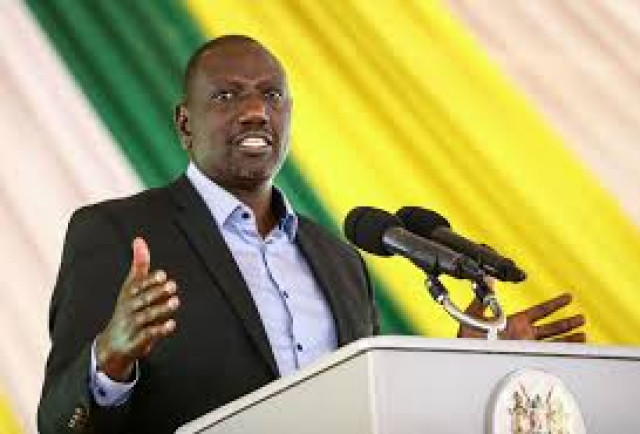Kenya's President, William Ruto, is set to host a conference focused on Africa's blue economy, which is projected to reach $405 billion by 2030.
The announcement was made in a press release titled 'Blueinvest Africa 2024: An Invitation to Investors to Support the Blue Economy in Africa.'
According to the organizers, the continent's blue economy is currently generating $300 billion in revenue and providing employment to 50 million people in fishing, aquaculture, tourism, and transportation, as well as in innovative fields such as biotechnology and renewable energies.
The Blueinvest Africa 2024 event is scheduled to take place on July 2, 2024, in Diani, Kenya, with the aim of highlighting the dynamic sector.
The statement also mentioned that Africa is experiencing consistent economic growth, with a post-COVID recovery forecast by the African Development Bank at 3.8 per cent in 2024 and 4.2 per cent in 2025.
The blue economy, encompassing traditional economic activities like fishing, aquaculture, tourism, and transportation, as well as innovative activities such as biotechnology and renewable energies, currently generates revenues of $300 billion and employs 50 million people.
By 2030, the sector is expected to be valued at $405 billion, emphasizing its strategic significance for economic growth and job creation.
The event, organized by the European Union in collaboration with the Government of the Republic of Kenya, aims to attract investors to Africa's growing blue economy.
The upcoming event will include six themed pitching sessions, during which 29 African entrepreneurs will present their innovative projects in various sectors of the blue economy.
Organizers have chosen these entrepreneurs for their professionalism and their desire to secure funding to progress their projects from the design phase to commercialization in African markets.
The selected entrepreneurs come from 17 African countries, including Botswana, Cameroon, Côte d’Ivoire, Ghana, Kenya, Madagascar, Malawi, Morocco, Namibia, Nigeria, Rwanda, Senegal, Sierra Leone, South Africa, Tanzania, Togo, and Tunisia.
These entrepreneurs have been chosen for their professionalism, dynamism, and capacity for innovation as they seek funding to advance their initiatives.
While aquaculture is the most represented sector, reflecting its crucial role in food security strategies, the event will also showcase other sectors such as waste recycling, transportation, food processing, and fashion.
This diverse representation underscores the wide range of investment opportunities within the blue economy.




















